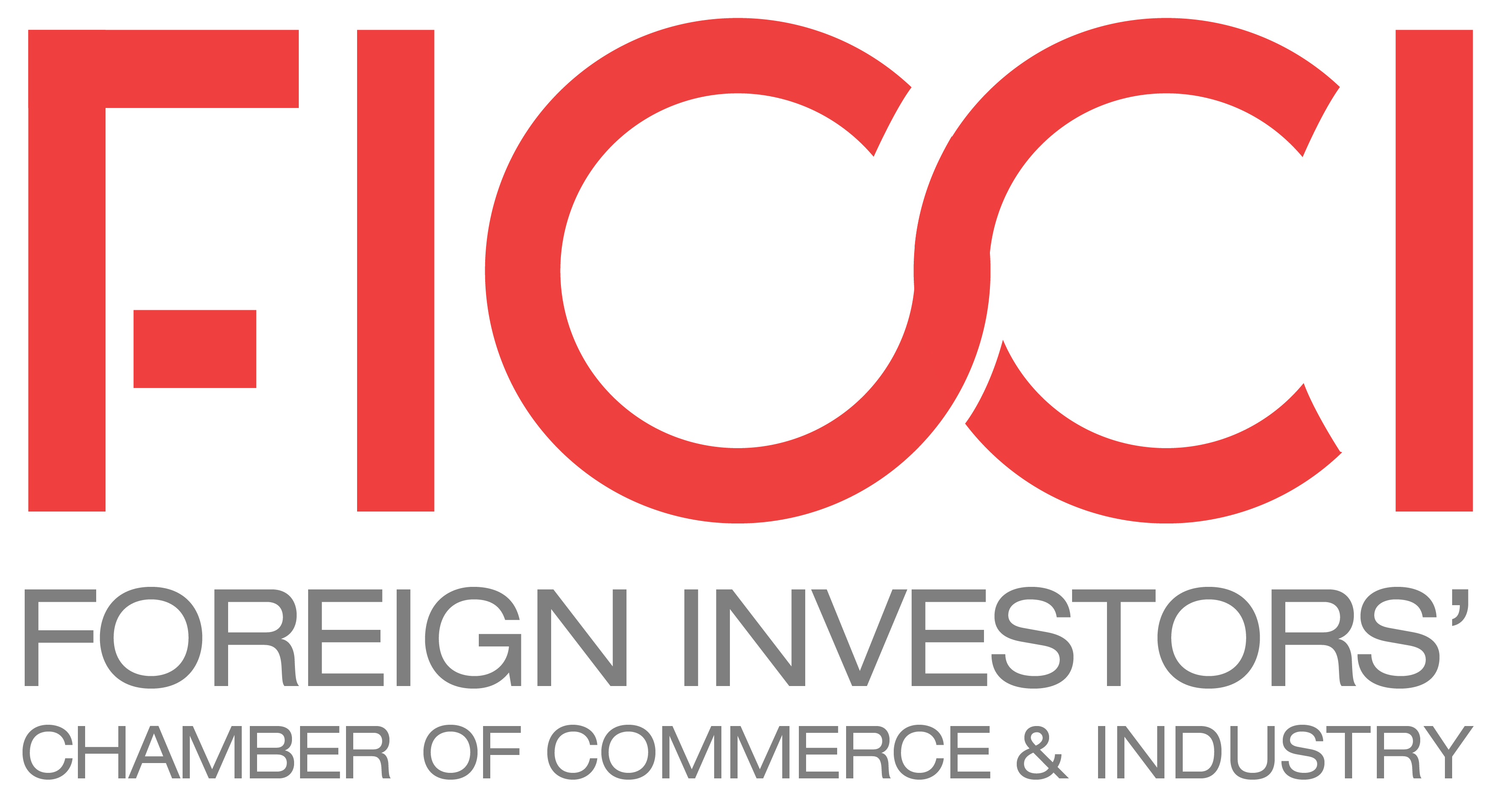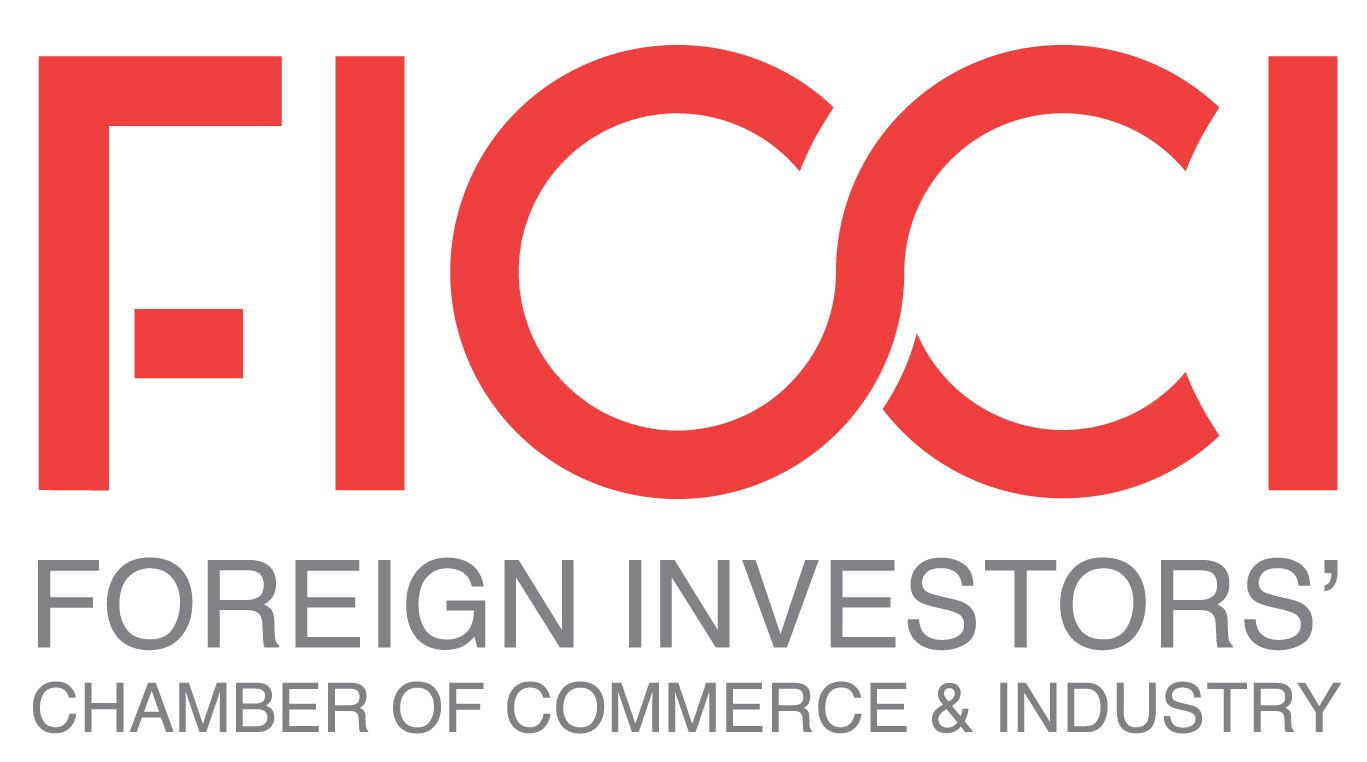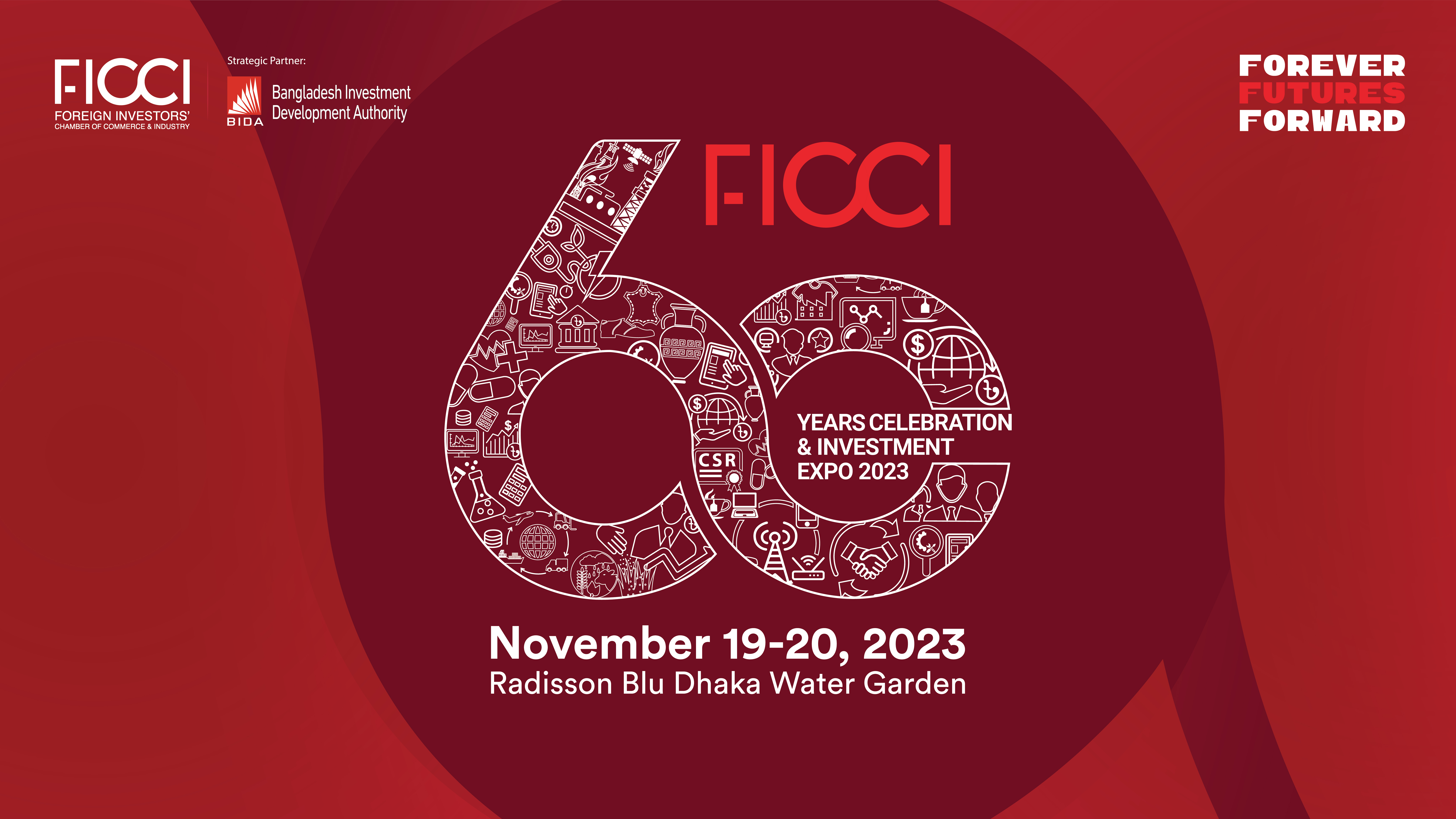Dhaka, June 6, 2024: On behalf of the Foreign Investors Chamber of Commerce and
Industry (FICCI), we express our sincere gratitude to Finance Minister Abul
Hasan Mohammad Ali for presenting the National Budget for the fiscal year
2024-25 in the National Parliament today.
As FICCI closely examines today’s
announced National Budget, we commend the government's efforts in crafting a
comprehensive fiscal plan that addresses critical economic challenges while
fostering a conducive environment for business growth. With a keen focus on
containing inflation, reducing aggregate demand, and nurturing the supply side
of the market, this budget lays a strong foundation for stabilizing the
economy.
The budget outlines several measures
to control inflation and stabilize the economy, including tightening monetary
policy by raising interest rates to 8.5%. The Standing Lending Facility (SLF)
and Standing Deposit Facility (SDF) rates have been set at 10% and 7%,
respectively, to curb inflation by reducing money supply and encouraging
savings. Additionally, substantial investments aim to boost agricultural
productivity by 20% and industrial output by 15% through technological
advancements and infrastructural improvements. This is expected to balance
demand and supply, thereby stabilizing the economy.
The chamber appreciates the following proposals
made in the proposed budget. However, we believe that there are some issues
which should be addressed.
A standout feature of this budget is
its progressive business-friendly approach, focusing on reducing costs for
consumers. The emphasis on a predictable tax system is appreciated, meeting
long-standing demands. The introduction of a prospective corporate tax rate
enables accurate tax planning for businesses. The proposal to reduce the
corporate tax rate for companies not listed on the stock exchange from 27.5% to
25%, subject to compliance with cash transaction conditions, is commendable. It
is expected that the proposal to reduce the tax rate will encourage private
investment.
The budget reflects a progressive
approach by focusing on tax reforms that simplify and clarify the tax regime.
This includes expanding the tax base by 25%, introducing electronic fiscal
devices, and promoting e-payment systems to streamline tax collection and
reduce costs. The number of taxpayers is expected to increase from 2 million to
2.5 million, creating a more business-friendly environment and ensuring greater
tax system predictability and transparency. By enhancing direct taxes and
implementing the Electronic Tax Deduction at Source (E-TDS) system, the budget
aims to improve tax compliance and reduce evasion.
However, the budget lacks allocation
or specific directions for the automation of Tax, VAT and customs
administration, which would increase efficiency and simplify the tax collection
process. The absence of such reforms means the complexities related to VAT
credit and potential financial strain on businesses will persist. Continuous reforms
are necessary to ensure that VAT processes are streamlined, reducing the
administrative burden on businesses and encouraging compliance, which will
ultimately support economic growth.
While we acknowledge the strides made
in this budget, we believe that higher allocations in health and education
would have further underscored the government's commitment to human capital
development. The health sector received an allocation of 8% of the total
budget, while education was allocated 12%. Enhanced funding in these areas
would support better healthcare services and educational opportunities, leading
to a more skilled and healthy population, which is essential for sustainable
development. Experts suggest that allocations of 10% for health and 15% for
education would be more appropriate to meet the growing demands and ensure
quality services.
Additionally, resource allocation for
the digitalization of the National Board of Revenue (NBR) is imperative in
enhancing efficiency and transparency in tax administration. Investments in
digital infrastructure amounting to 500 million BDT have been allocated for
this purpose. This includes the implementation of advanced data analytics,
electronic tax filing systems, and improved digital interfaces for taxpayers.
This digital transformation is vital for achieving the budget's revenue targets
and supporting overall economic development. The goal is to increase the
tax-to-GDP ratio from the current 8% to 10% over the next three years.
About FICCI
Foreign Investors’ Chamber
of Commerce & Industry (FICCI) the apex chamber of multinational companies
has been working as the development frontier of Bangladesh by creating
significant footprints in economic growth since its journey started in 1963. As
a leading chamber, FICCI represents Foreign Investors from Thirty-five (35)
countries across the globe in Twenty-one (21) sectors in Bangladesh. In its six
decades of excellent journey, around 210 member companies of this chamber are
contributing around 30% internal revenue of the government and representing
more than 90% inward FDI in Bangladesh. FICCI’s member companies are aligned
with the government’s goal and contributing more for the community and society
which eventually support the country to attain the status of “Smart
Bangladesh.”
For any clarifications regarding the above, kindly contact:
T.I.M Nurul
Kabir
Executive
Director
Foreign
Investors’ Chamber of Commerce and Industry (FICCI)
Mobile
No: +880 1711-563977, TnT No: +8802222271610, +8802222271611
Fax: +8802222271609
Email:
info@ficci.org.bd, Website: www.ficci.org.bd
Subarna Mostafa
Specialist, Communication, PR &
Stakeholder Management | FICCI
Mobile +880 1728 045819
Email:
subarna.mostafa@ficci.org.bd




